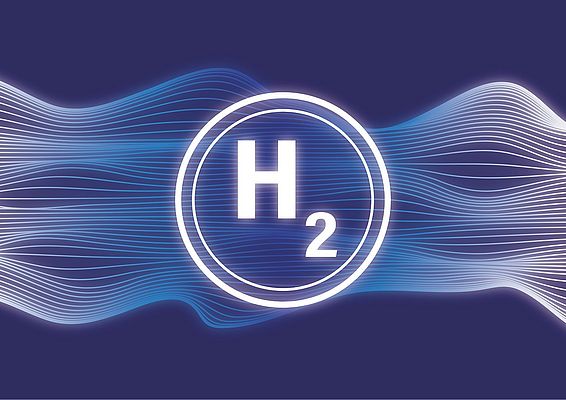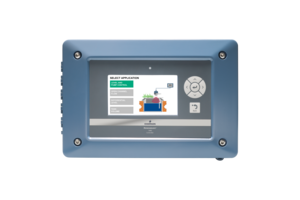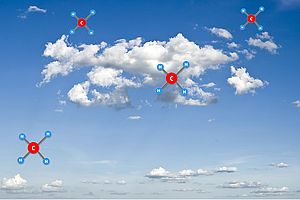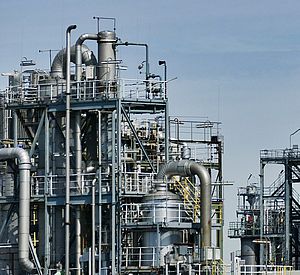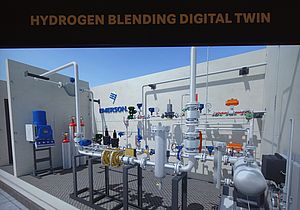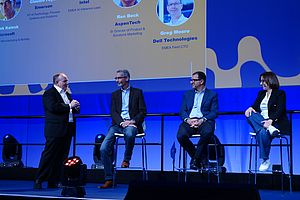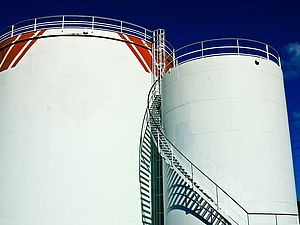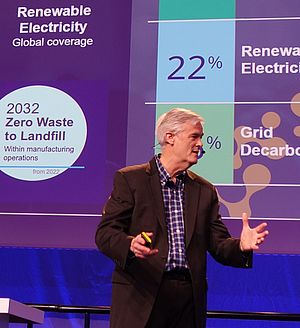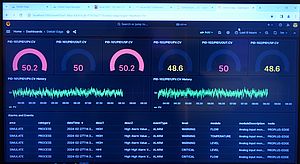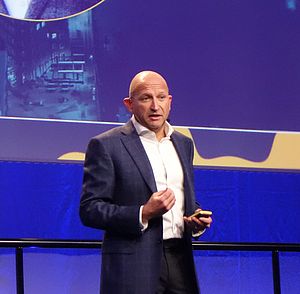The development of the hydrogen economy is to be mastered quickly and is only sustainable if sufficient renewable energy sources can be used for the electrolysers. At the same time, there are a number of challenges along the value chain that need to be solved in order to establish and operate an economically viable industry.
Ron Beck, Global Lead Hydrogen Economy Solutions AspenTech and Martin Van Der Merwe, Emerson Director Sustainability & Decarbonisation – Asia Pacific described the potentials of a digital lifecycle for the Hydrogen value chain at the Emerson Exchange 2024 event in Düsseldorf. The merger of both companies is an opportunity for customers to benefit from synergies. Hydrogen was identified strategically between the two companies, as one of the first areas to really focus on and deliver benefits to customers by working together.
As Ron Beck describes it: Hydrogen is an area of global excitement and investment but also a a lot of challenges. The strategy the companies are following in their collaboration is the “Born digital” concept, which means the full cycle is following a purely digital automation thread. Combined the AspenTech and Emerson software portfolio covers everything from the start at energy generation at the turbine, water quality management for the electrolysers, electrolyser control and gas quality analysis ending at storage management and custody metering. Additionally, the fleet management can be handled with a cloud enabled platform for data-driven analysis and decision making.
Simply put the Emerson solution set will help automate the hydrogen economy across the value chain and the AspenTech solution set will help to optimise it. Starting with the evaluation of lifecycle costs of different routes in the design phase to make the right investment decision, to support of grid connectivity and reliability assessment of equipment and optimized storage and transportation all bases are covered.
This already helps customers to build up capacities that are needed, accelerate the decision making and project execution and leads to optimization in operation. Optimized planning and operation is one of the prerequisites for driving cost of productions down to a economically competitive range that is needed for a rollout of the hydrogen driven energy-intensive industry and energy storage.
The partnership of Emerson and AspenTech also offers a lot of opportunities when it comes to automation and remote operation. All assets that will be part of the industry need a much higher level of automation in the future, because there won’t be enough trained operators and trained engineers to run them in the different areas of the world.
Hydrogen is only the first of 10 pathways Emerson and AspenTech are following together, offering solutions for improvement in different areas of decarbonization and the circular economy.


